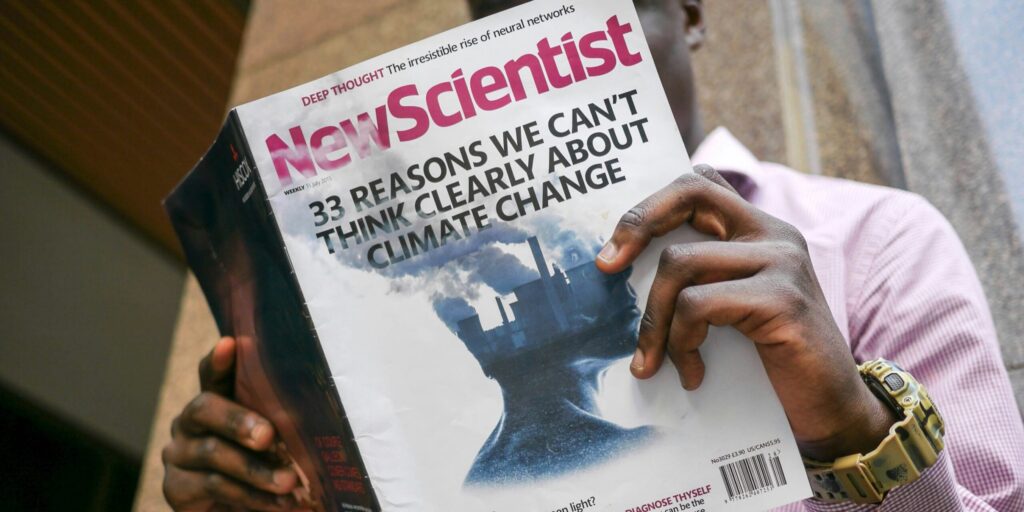On July 28, 2025, reports from MedPage Today and Ars Technica highlighted a marked slowdown in the Morbidity and Mortality Weekly Report (MMWR), the U.S. Centers for Disease Control and Prevention’s (CDC) trusted epidemiological publication. Sources reveal that recent internal changes under Health Secretary Robert F. Kennedy Jr.—including a new clearance requirement and diminished editorial autonomy—are contributing to fewer issues being published. Critics argue that requiring departmental sign‑off, including by Kennedy himself, risks delaying the release of urgent public health data.
MMWR, established in 1930, is historically published weekly, providing essential disease surveillance, outbreak investigations, and public health guidance. Experts warn that the current publishing slowdown undermines the timeliness and independence that have long defined its impact—especially now, while emerging threats like vaccine safety concerns and infectious disease trends demand prompt dissemination.
Read Also: https://atoztimes.com/study-links-popular-sugar-substitute-to-brain-cell-damage/
Department of Health and Human Services (HHS) officials have disputed these criticisms, calling the claims of oversight “false.” Nonetheless, observers say the pattern echoes earlier interference during the COVID‑19 pandemic and under previous administrations, when political appointees pressured scientists to delay or alter MMWR findings.
Between July 27 and 28, over 100 health organizations—including the American Medical Association (AMA)—sent formal appeals to HHS Secretary Kennedy objecting to reports of plans to dismantle or restructure the U.S. Preventive Services Task Force (USPSTF). Established in 1984, this independent panel develops evidence-based recommendations for critical preventive care services like cancer screening, HIV prevention, and mental health assessments—services that under the Affordable Care Act must be covered by insurers without cost-sharing.
Reports allege that Kennedy views the panel as overly ideological, arguing it is too politically influenced due to recent language and analysis on topics including structural racism and terminology like “pregnant persons.” The plan would reportedly remove all 16 current members of USPSTF.
AMA CEO John Whyte urged Kennedy to retain the panel’s expert membership and maintain its regular meeting schedule, warning that disruption could delay evidence-based recommendations and erode the statutory framework that ensures preventive services remain free to patients. The AMA also passed an emergency resolution calling for a Senate investigation into the firing of CDC vaccine advisors earlier in June.
In addition, more than 40 former USPSTF chairs and scientific leaders urged Secretary Kennedy to preserve the task force’s structure amid broader HHS workforce changes, stressing that scaling back support for the task force could impede its ability to prevent chronic disease and save lives.
Critics warn that altering the oversight process for both MMWR and USPSTF could erode public trust in U.S. health institutions precisely when credibility is most needed. MMWR’s speed and independence have traditionally enabled swift response to new threats like outbreaks or vaccine safety signals. Delays in publication may risk leaving healthcare providers without timely guidance.
Similarly, the USPSTF provides guidance that directly affects patient care and insurance coverage. Its recommendations are central to early detection and intervention for diseases—when insurers are required under the ACA to cover USPSTF “A” and “B” rated services fully. Disruptions or politicization of its process could delay or alter preventive screening guidelines.
Recent events also suggest a pattern. The cancellation of a USPSTF meeting scheduled for July 10, 2025, without explanation, followed the U.S. Supreme Court’s decision in Kennedy v. Braidwood Management, which affirmed the Secretary’s authority over task force membership. Critics fear that further administrative rewrites may follow.
As of July 28, HHS has not confirmed any final changes to USPSTF’s membership or operations. However, with growing public criticism and mounting appeals from leading medical organizations, the future of the task force—and the health journal—may rest on decisions made in Washington.
Many healthcare leaders emphasize that preserving institutional processes and scientific independence is critical. They warn that politicizing these bodies could undermine decades of progress in preventive medicine, potentially restricting access to no-cost screenings and eroding public health trust.
The reduced output of the CDC’s Morbidity and Mortality Weekly Report, paired with proposed changes to the USPSTF, have spurred concern from health experts and organizations nationwide. As the Department of Health and Human Services navigates internal reorganization, many worry that these shifts may weaken U.S. public health infrastructure. Maintaining the integrity and independence of the MMWR and USPSTF will be vital to ensuring evidence-based care and preserving public confidence in preventive health systems.


